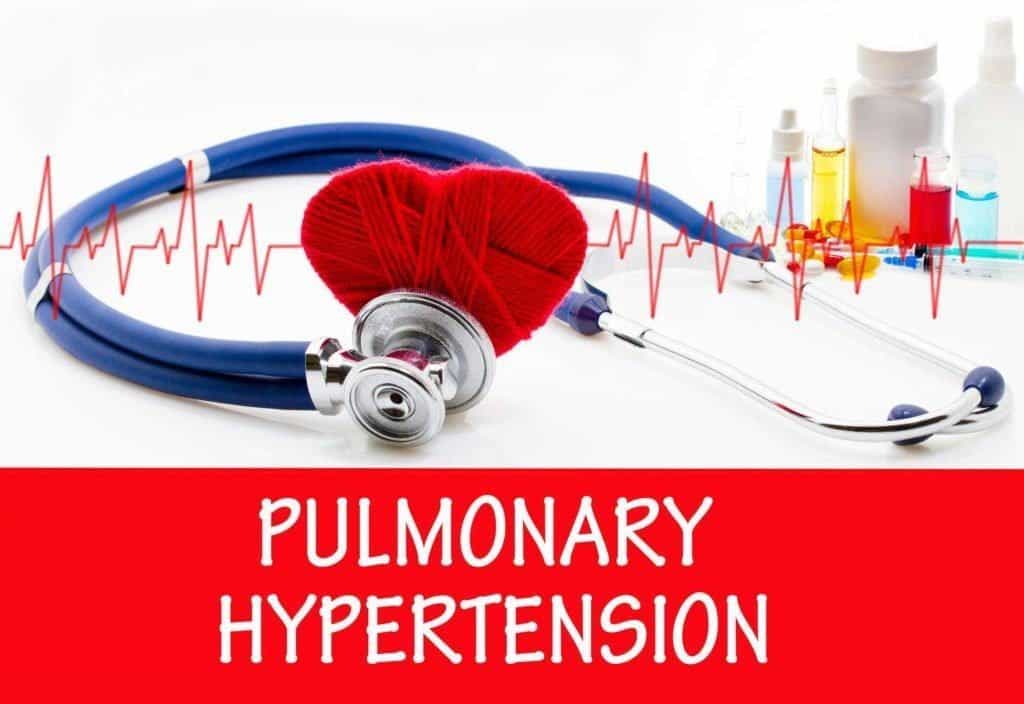Contents:
- Medical Video: OCD Vs Perfectionism
- What is OCD?
- What is OCPD?
- What are the causes of OCD and OCPD?
- What is the difference between OCD and OCPD?
- 1. Awareness
- 2. The purpose of doing something
- 3. Impact on productivity
- 4. Emotional pressure
- 5. Time for the appearance of symptoms
Medical Video: OCD Vs Perfectionism
You may have heard the term obsessive compulsive disorder (OCD) which refers to a form of mental disorder. Well, what about personality disorders obsessive compulsive personality disorder (OCPD)? Although the names of OCD and OCPD are very similar, these two conditions are basically different. The difference is quite obvious and not related to each other. Find out the difference between the two below, let's say.
What is OCD?
Obsessive compulsive disorder or OCD can be interpreted as a mental disorder characterized by the emergence of disturbing thoughts continuously. The emergence of this mind is a form of obsession with something that is not or less realistic.
These obsessions often cause anxiety and trigger repetitive behavior as a way to overcome anxiety due to the obsession they experience. As a result, repetitive behavior actually inhibits productivity and daily activities.
What is OCPD?
Obsessive compulsive personality disorder (OCPD) is a personality disorder that causes a person to have a mindset of excessive perfectionism and has the desire to control all aspects of his life. People with OCPD are very focused on detail, order, uniformity, or a certain list so that they sometimes forget about the main purpose of doing something.
Although the nature of perfectionism in order seems good, the side effects of these behaviors can actually hamper productivity. Because of his attention, when people with OCPD miss certain details, they will stop their activities altogether because they feel like a failure. Can also people with OCPD choose to repeat everything from the beginning when something is wrong or missed. Of course this will take a lot of time.
What are the causes of OCD and OCPD?
Genetic factors are thought to play a role in the occurrence of OCD and OCPD. OCD is more closely related to brain function disorders that cause repetitive behavior. Whereas in the case of OCPD, environmental factors such as parenting parents are overprotective or require a lot of children to be the trigger.
Both obsession and perfectionism caused by these two disorders will cause anxiety disorders that have an impact on how they move. Both can appear simultaneously on someone so that identification and handling are needed to cure the person with both disorders.
What is the difference between OCD and OCPD?
Simply put, people with OCD act compulsively (repeatedly uncontrollably) because there is an urge from the brain. This is different from OCPD where you might not do the same thing over and over again, for example clearing the desk.
You only need to tidy up your desk once in the morning, but you really make sure the desk is clean and tidy. This might take a long time. However, if it's neat you will stop cleaning the table and start working. You will just clear the table again if it's messy and full of stuff.
Whereas people with OCD may arrange their desk many times in one hour or one day. This is not because he wants his desk to be clean and tidy like someone with OCPD. It's because the brain can't control the urge to arrange paper and ballpoint pens (which are actually neatly arranged). If you don't do this, he will feel very anxious and anxious.
Besides the differences in symptoms, there are other criteria that distinguish OCD and OCPD. See the explanation below.
1. Awareness
People with OCD are often aware of obsessions or repetitive actions that are done because it has greatly disrupted their daily activities. Unfortunately, people with OCD tend to be embarrassed to admit it, especially to seek treatment.
Whereas OCPD sufferers believe in perfectionism and according to him, standards that are too high are only natural. As a result, they do not realize that the things they have done are excessive or unnatural.
2. The purpose of doing something
People with OCD do things repeatedly to relieve anxiety and obsession that is being felt. Unlike people who have OCPD, they do things in a focused and detailed manner as a way to increase efficiency.
3. Impact on productivity
OCD disorders cause more serious negative effects because their obsession will hinder their daily activities. Whereas in most cases, people with OCPD may still be productive at work.
4. Emotional pressure
You can feel an obsession with OCD as an unpleasant thing and make you feel helpless or anxious. On the contrary, OCPD enjoys times where they must organize, work on, and perfect everything.
5. Time for the appearance of symptoms
Symptoms of OCD appear when there are certain triggers so that repeated behaviors appear to alleviate them. Suppose you have an obsession with hand washing, even though you are actually not a person who is germicidal or very hygienic.
Whereas the occurrence of OCPD tends to blend with one's personality and is not tied to certain types of behavior. So that the appearance of OCPD symptoms can occur at any time and does not have a specific trigger.
However, in the end what can help you diagnose OCD and OCPD are doctors and experts such as psychologists. If the symptoms that you feel are disturbing, immediately see a mental health specialist or psychologist.













